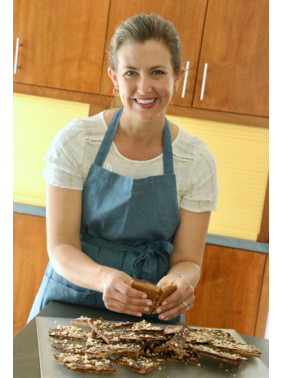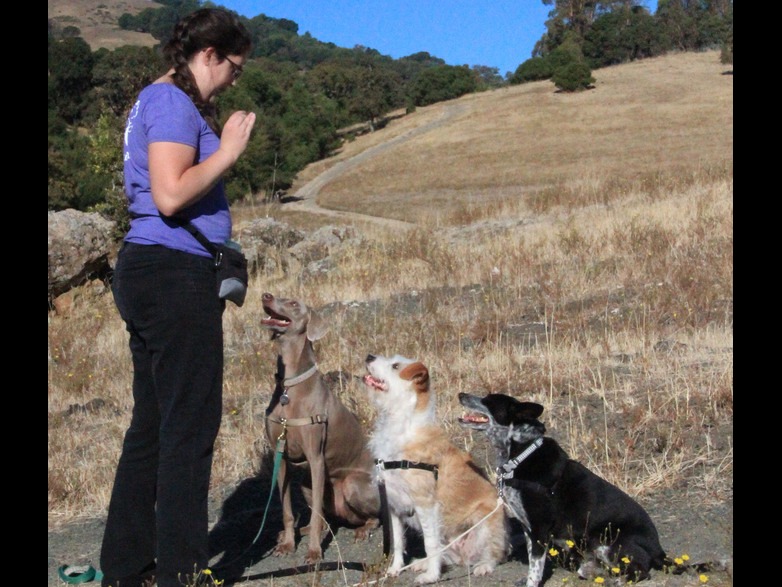From Layoff to Luster: How George Carlos Turned a Corporate Exit into a Thriving Auto Detailing Business

A sudden layoff can feel like a devastating dead end. But for George Carlos, it was the unexpected beginning of a new chapter—one that would lead him from the corporate halls of a hard-drive manufacturer to the gleaming finish of a successful auto detailing business. This is the story of how George leveraged a passion for cars and a gift from his wife to build a company on the foundation of quality, trust, and genuine relationships.
The End of an Era, The Start of a Dream

For nearly two decades, George Carlos was a dedicated employee at Western Digital, working his way up from a temp to a full-time computer technician and buyer. The job provided stability, but it wasn't a perfect fit. After being laid off three times over the years, the third time became the final straw. "I'm basically done with corporate America," he recalls, the frustration still palpable in his voice. Feeling a sense of betrayal and disappointment, George knew it was time to forge his own path.
The idea for his new business came from an unlikely source: a Christmas gift from his wife. She gave him a pressure washer, and a lightbulb went off. George had always had a passion for cars, a love instilled in him by his father. He realized he could turn this hobby into a profession. With his new pressure washer and a few essential tools, he started his mobile detailing business by offering services to friends and family. This simple, personal approach was the first step on his journey to becoming a respected auto detailing entrepreneur.
Building the Brand: Quality Over Quantity

Starting a business from scratch is never easy. George spent countless hours on YouTube, absorbing everything he could about car detailing techniques. He supplemented his self-taught knowledge with professional training on paint correction and headlight restoration, ensuring he could offer a premium service.
From the beginning, George was committed to setting himself apart from the competition. He recognized that many mobile car washers were just that—car washers. George positioned himself as a true professional detailer, a distinction that commanded a higher price point but also a loyal clientele. When asked about his rates, he tells customers, "You don't have to leave your own home... You can do things at home while I'm doing your car." This emphasis on convenience, combined with his superior results, helped him build a dedicated customer base.
George's business model is built on one core principle: relationships. "I'm not here to just take the money and run," he explains. "I'm here to build a relationship with you." This philosophy has been his biggest competitive advantage in a fierce market where many competitors have language barriers and lack a personal touch.
Overcoming Fear to Plan for the Future
With a successful decade in business, George's next challenge is growth. He has an employee who has been with him for years, but the fear of scaling looms large. The thought of taking on loans for a new van and equipment, coupled with the worry of maintaining his high standards, has held him back. "I have this major fear of the financial part of it," he admits. "That's the biggest fear from scaling is that I don't want to get in the financial place where I'm not able to pay him, pay me, pay my bills."
Another major concern for George is quality control. He fears that if he's not "hands-on," the quality of work will degrade, a risk he's not willing to take with his customers' valuable vehicles. To protect himself, he's implemented a smart, actionable tip for any service-based business owner: a detailed pre-service inspection. Before he begins, he walks around the vehicle with the owner, documenting any existing scratches or imperfections, and has them sign off. This simple practice offers peace of mind and protects his business.
Despite these fears, George has a clear vision for the future. He plans to overcome his reservations and scale the business, stepping back from the physical work to focus on scheduling and management. He's also considering new avenues for growth, like partnerships with car dealerships or real estate agents, to offer detailing services as a premium gift.
Insights for the Aspiring Entrepreneur
George Carlos's journey offers valuable lessons for anyone dreaming of starting their own business.
Find Your Niche and Own It: Don't be afraid to charge what you're worth. By positioning himself as a detailer, not just a car washer, George built a premium brand with a loyal following.
Relationships Are Your Currency: Focus on building lasting connections with your clients. Trust and rapport are priceless and will lead to repeat business and glowing referrals.
Plan for Protection: Take proactive steps to protect your business. George's pre-service inspection is a simple, effective way to mitigate risk and give both you and your clients confidence.
George's story is a testament to the power of resilience and passion. He transformed a moment of defeat into an opportunity for independence, proving that with the right mindset and a dedication to quality, you can build something truly special from the ground up. As he puts it, "Let's build this together."
You can reach George at 714-726-5161
 Add Row
Add Row  Add
Add 



Write A Comment